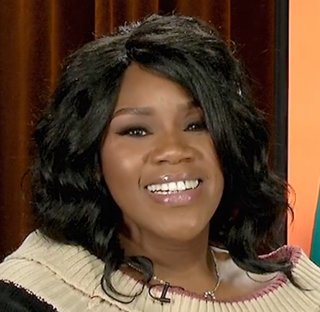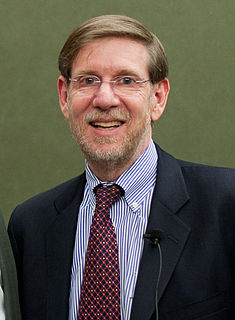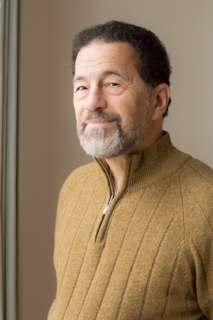A Quote by Janeane Garofalo
The media is supposed to be custodians of the facts and watchdogs of government. They have, for the most part, neglected to be either of those things.
Quote Topics
Related Quotes
It's very rare to find a place where news itself has a political bent. Normally, let's say in the U.K. for instance, newspapers might explicitly support one party or the other, but television is just straight-up facts that are not influenced by any party from either side. In South Africa we try to maintain the same thing. Unfortunately, the government sometimes intervenes, but for the most part, the facts are the facts.
Journalism is the only profession explicitly protected by the U.S. Constitution, because journalists are supposed to be the check and balance on government. We're supposed to be holding those in power accountable. We're not supposed to be their megaphone. That's what the corporate media have become.
Most of the time, teachers who talk about the Middle East do not know the history, culture or present context of the problems they are discussing. So they go to the media, which quote government or academic "experts" (who often are no such thing) or journalists who, by virtue of working for the media, are supposed to know what they are talking about. In the end they know little or nothing beyond a standard line that reflects the perceptions of the US government and its special-interest supporters. That is what the students get. Indeed, that is what we all get.
I don't like realism. We already know the real facts about li[fe], most of the basic facts. I'm not interested in repeating what we already know. We know about sex, about violence, about murder, about war. All these things, by the time we're 18, we're up to here. From there on we need interpreters. We need poets. We need philosophers. We need theologians, who take the same basic facts and work with them and help us make do with those facts. Facts alone are not enough. It's interpretation.
From our side, from our part as government, we have two missions: the first one is to fight those terrorists to liberate that area [eastern part of Aleppo] and the civilians from those terrorists, and at the same time to try to find a solution to evacuate that area from those terrorists if they accept, let's say, what you call it reconciliation option, in which they either give up their armaments for amnesty, or they leave that area.
I believe this nation hungers for a spiritual revival; hungers to once again see honor placed above political expediency; to see government once again the protector of our liberties, not the distributor of gifts and privilege. Government should uphold and not undermine those institutions which are custodians of the very values upon which civilization is founded-religion, education and, above all, family. Government cannot be clergyman, teacher and patriot. It government is our servant, beholden to us.
[The scientist] believes passionately in facts, in measured facts. He believes there are no bad facts, that all facts are good facts, though they may be facts about bad things, and his intellectual satisfaction can come only from the acquisition of accurately known facts, from their organization into a body of knowledge, in which the inter-relationship of the measured facts is the dominant consideration.
Even if someone wanted a purely free-market, competitive media system, it would require extensive government regulation to set up those markets. All our largest media companies are based on the grant of explicit government monopoly privileges and licenses, or franchises, or subsidies. The government didn't come in after the system was in place, it built the system in the first place.
If the Government gets into business on any large scale, we soon find that the beneficiaries attempt to play a large part in the control. While in theory it is to serve the public, in practice it will be very largely serving private interests. It comes to be regarded as a species of government favor and those who are the most adroit get the larger part of it.
Reading things that are relevant to the facts of your life is of limited value. The facts are, after all, only the facts, and the yearning passionate part of you will not be met there. That is why reading ourselves as a fiction as well as fact is so liberating. The wider we read the freer we become.

































